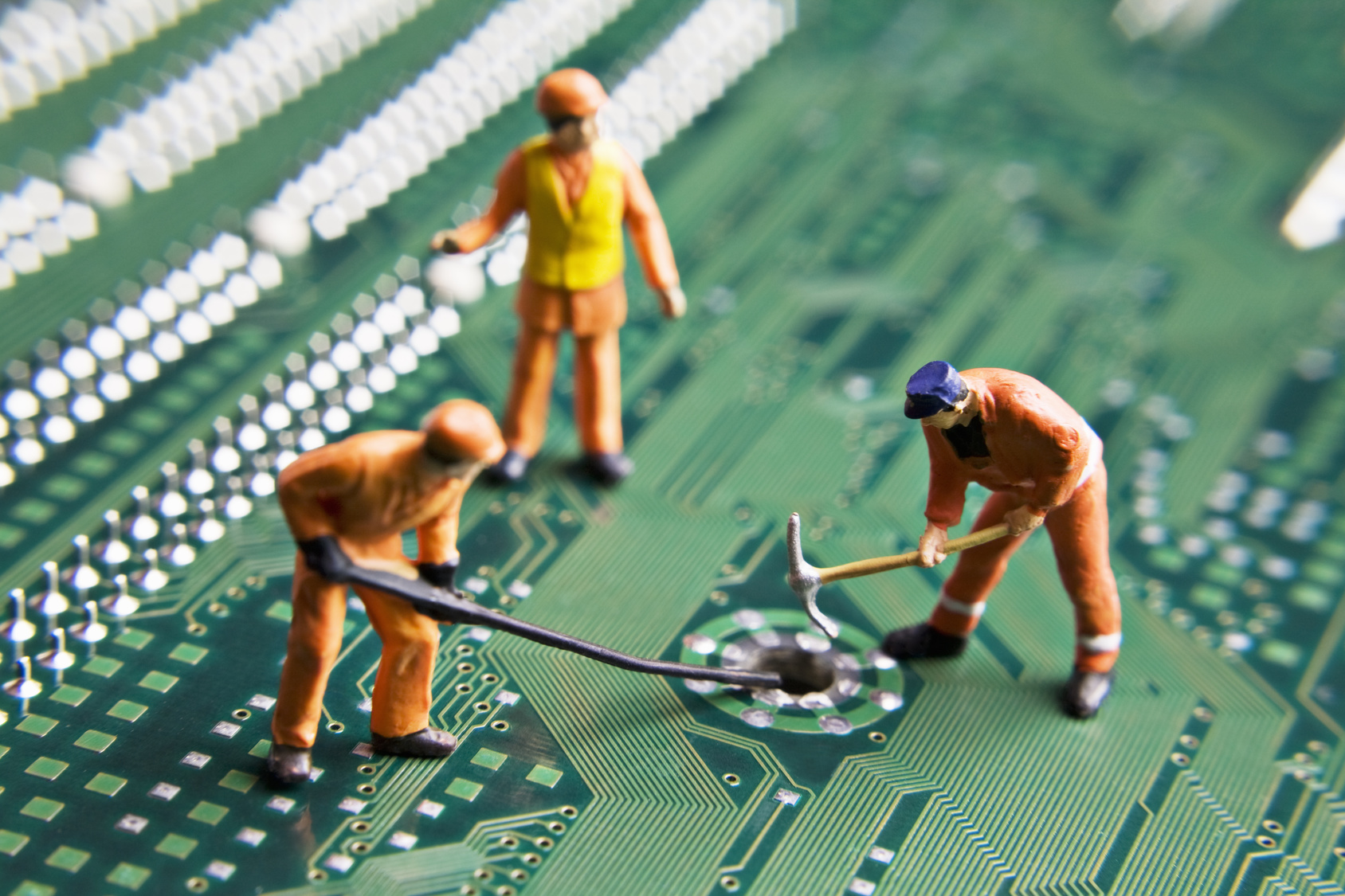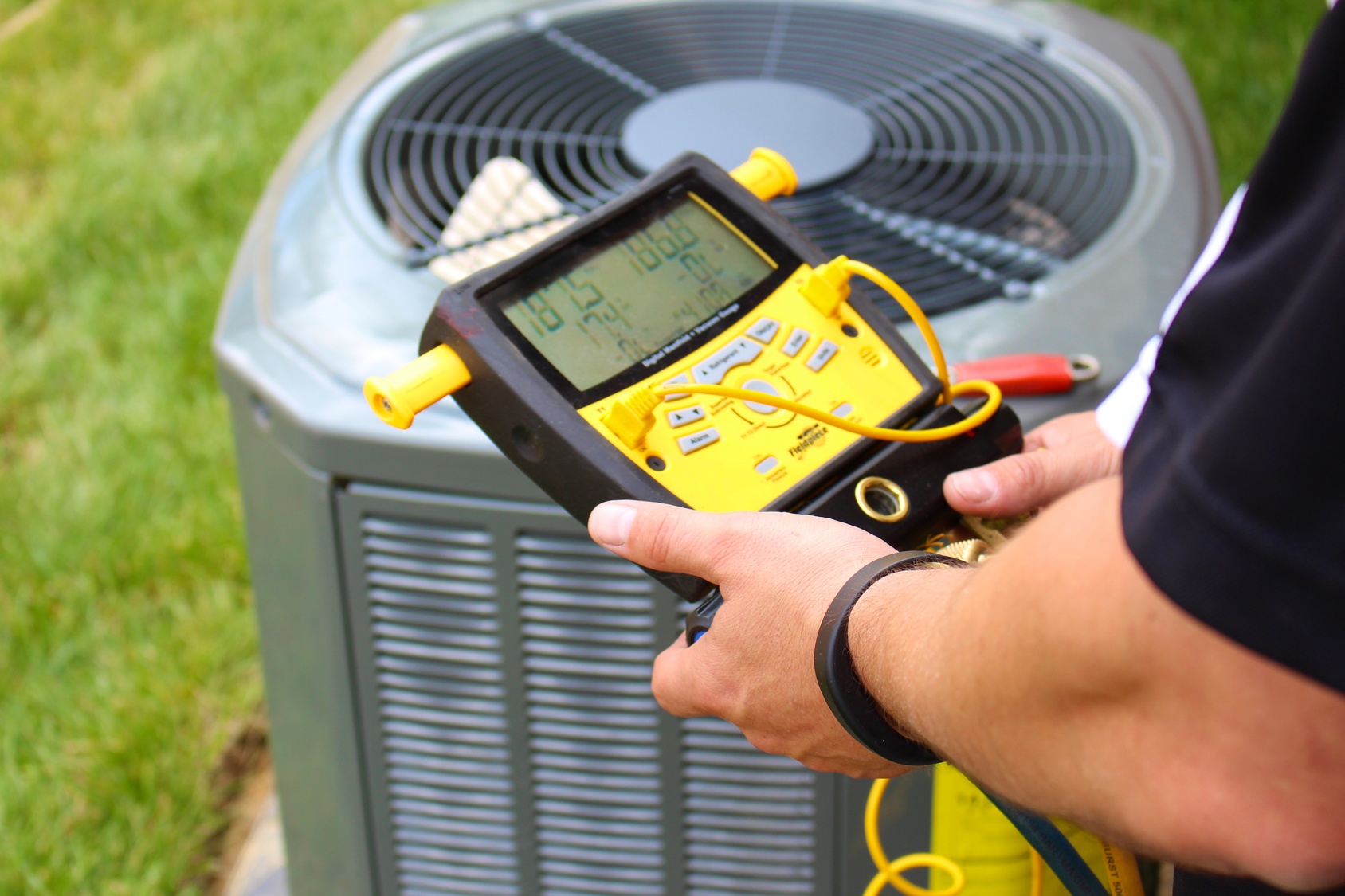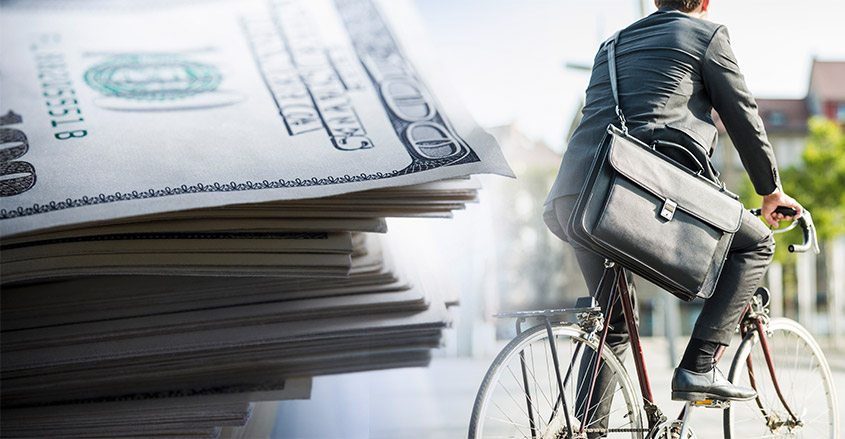There is no way around it, we live in a status-driven society.
Whether that is owning the newest Gucci purse or buying a shiny new car, people judge other people by what they own or don’t own.
Personally, I hate it because it causes so many people to make poor financial decisions in life, only to increase profits on overpriced products produced by greedy corporations.
On the other hand, there is something very special to some consumers about owning the newest and coolest products, especially after spending their own hard-earned dollars to obtain them.
Basically, you can look at status from either perspective, but I think all people can agree that it would be better if we could all get the best products at the cheapest prices, especially without looking overly frugal.
That’s why I’m writing this article, so that you can start saving some more cash, while not looking like an overly cheap jerk.
Here are 10 ways you can start helping your bank account by employed better personal financial responsibility.
1. Haggle When You Should

I haggle all the time, but I make sure to do it within reason. It’s not that I am being cheap, but because I am just very frugal and there is a huge difference.
There are always things acceptable to negotiate — like certain medical bills, cable bills, and automobile costs. On the other hand, there are things that you shouldn’t negotiate, like a restaurant bill and taxes.
Other things that you should haggle over are laptop repairs, gym memberships, mortgage rates, hotel room fees and certain late fees, just to name a few common ones.
2. Drink Water

People love drinking coffee, teas, sodas, and alcoholic beverages, but they clearly come at a huge markup.
Think of it, if you go to Dunkin’ Donuts or Starbucks every morning on your way to work to buy a coffee, that would add up to over $1,000 a year. That’s a lot for just a morning beverage!
This is even more mind-boggling if you consider the often exorbitant price of alcoholic beverages at restaurants and stores.
Realistically, water is what is best for our bodies, and it is the most inexpensive thing we can drink, assuming you don’t buy pricey imported bubbly or marked-up bottled H2O.
Simply put, water is a win-win.
If you drink water, that will help your bank account while also keeping you healthier. Put some fresh lemon or cucumber in your drink and it is even more delicious (and probably better for you than what you were drinking before).
3. Drive Less

I know some of us need our cars to get us where we are going, and that some people have limitations because of age, disabilities and other health conditions.
That being said, why not try and walk or bike when we can? It will save us gas money and get us into better shape. Biking, running and jogging are all great alternatives to driving.
But, even if you do need to drive, there are ways to save money like with the GasBuddy app that finds the cheapest gas in your area. Similar functionality is now built into many GPS map programs on smartphones.
4. Living In A Smaller Space

You don’t need to earn tons of money and buy a huge house to be happy. That’s just not how it works.
Right now, if you’re living in a small space, like a 700 square foot apartment, it could be a great way you’re saving money.
Typically, if you rent, you don’t have to worry about any of these things costs at all.
5. Make Home Your New Diner

Along with the coffee example above, if you were to spend $20 a day eating out each day of the year, that would equate to nearly $7,300 of spending.
That is a lot of money, just for eating out at a low-end greasy spoon.
Why not buy usually healthier products and cook them yourself at home? Also, cooking with your partner or spouse can turn to a really fun time.
Look up some delicious recipes online and become your own private chef. There’s no tip, you know what you’re eating and your wallet will thank you.
6. If It’s Broken, Fix It, Don’t Replace

When something around the house or in the car breaks, people often just jump to the conclusion that they need to buy a new item every single time.
Sometimes, this is the case. However, it is often wise to reconsider knee-jerk spending.
In the Internet age, there are so many videos online explaining how to fix things. For example, last week my dishwasher had a problem. Instead of calling a repairman, I saved an easy $100 by looking on YouTube and the fix took less than 30 minutes.
I didn’t even have to go on my computer, this was all done on my iPhone. If you learn these habits, it could save you a lot of money in the long run.

This really goes without saying, but it is crucial to put on this list. We all need to take care of what we own, including our homes, cars, and our own health.
For example, if you don’t keep up with the maintenance on your vehicle, it could lead to major problems down the road, no pun intended.
Health is a major factor later in life. If we take care of our bodies when we are younger, it pays huge dividends in old age. Eating healthier, not smoking, exercising, staying active, and so many other factors are absolutely crucial.
Think about your house. If you don’t take care of cleaning and upkeep, things will break faster and corrode must quicker, leading to increased future costs. Your body is the same.
8. Make Sure You Control Utilities

While trying to get your mortgage or rent down is tricky, utilities are much more controllable.
First, contact your available providers to make sure you are getting the best price possible in your area. Secondly, try cutting your usage and you will save even more.
From electricity to gas to water bills, there are various ways to cut back. Turning your heating down in the winter a few degrees can end up saving you hundreds. Some utilities will help you finance newer, more efficient appliances, too.
9. Keep Travel Expenses Down

People overspend on travel all the time. You can start by getting the best travel credit cards to get free hotel rooms and other amazing benefits. You can look for ways to find affordable adventure travel by looking for the best deals on sites like Travelocity.
Other ways to save are by trying out the ever expanding sharing economy industry, such as booking AirBnB.
10. Check All Bills

I always make sure to double check every bill I get, whether that is my credit card statement or a restaurant bill.
Often, I find several mistakes, and these add up. You need to double check for accuracy, because the burden is on you, not the person charging.
Companies make mistakes all the time, so be sure you aren’t over paying.


